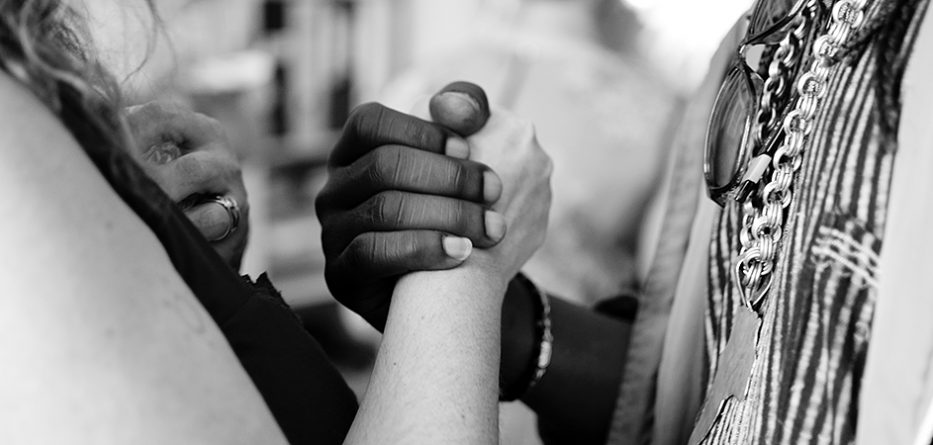November 16 is the United Nation’s International Day for Tolerance
Tolerance is usually seen as one of the lesser virtues. We give a much lower grade to dinner guests whom we tolerate than to our chosen friends. If we examine our consciences, too, we might see it as a fault merely to tolerate people instead of treating them as friends. The child of tolerance is often loneliness.
Such thoughts might encourage us to greet the International Day for Tolerance with the sound of one hand clapping. That would be a mistake. We need only to read the daily news to see how important tolerance is. Massacres of hated groups of people, expulsion from their homelands, their confinement in detention centres and abuse in the streets and media, are all the fruit of intolerance.
A series of small steps have dragged people from inability to laugh together, to refusal to speak together and to rejection of living together. They have led one group of people to avoid another, to exclude it and deprive it of rights. They may lead eventually to sporadic acts of violence, to communal violence and to war designed to destroy the other. The child of intolerance has been genocide.
Although tolerance may not be the highest of the virtues, it is the indispensable platform on which hospitality, love and generosity can be built. Though intolerance may not be the worst of the vices, too, it is the seedbed in which hatred, envy and spite can grow monstrously.
For this reason we should always be deeply concerned when the level of intolerance rises in our society. Its danger signs can be seen when hate speech becomes accepted as normal in public conversation and when abuse and bullying of people from racial or religious minorities become taken for granted. The first line of defence against the growth of intolerance is built by ordinary people who recognise the danger of intolerance and show that they deplore it.
Because tolerance is so important, it must always be defended. But by itself, it is also unstable. If it is to be maintained it always needs support from higher virtues. If we are merely tolerant of other people and practices, we are always at risk of slipping into building walls against them.
For people working in a Catholic or Buddhist organisation, for example, tolerance can mean simply that they do not openly criticise Buddhist or Catholic beliefs and practices. Instead, they shield themselves from exposure to them, avoid any conversation about them and hold themselves at a distance from their fellow workers who practice their faith.
Because it is so guarded and excluding, this kind of tolerance will inevitably slide into intolerance. Although we are not obliged to accept other people’s rituals and beliefs as our own, tolerance demands that we be open to them and interested in them.
This example shows that tolerance is like a bicycle tire with a slow leak – it needs constantly to be pumped up. In the case of tolerance the pump is love – the movement of the heart that goes out to people who are unfamiliar and seem different from us. It embraces difference because it recognises that at a deeper level we are all human beings.
Where tolerance is based in a lack of interest in other people, a lack of care whether they are happy or not and, in a determination, not to be involved, it makes for a cold and lonely society.
In a healthy society, tolerance is always ready to move towards shared interests and to friendship. That is the spirit that we try to encourage in our workers and in the people whom we accompany at Jesuit Social Services.
It is important to celebrate the International Day for Tolerance. It is inspired by something deeper than tolerance and necessarily leads us to be dissatisfied with mere tolerance.
Fr Andrew Hamilton SJ writes for Jesuit Communications and Jesuit Social Services.








